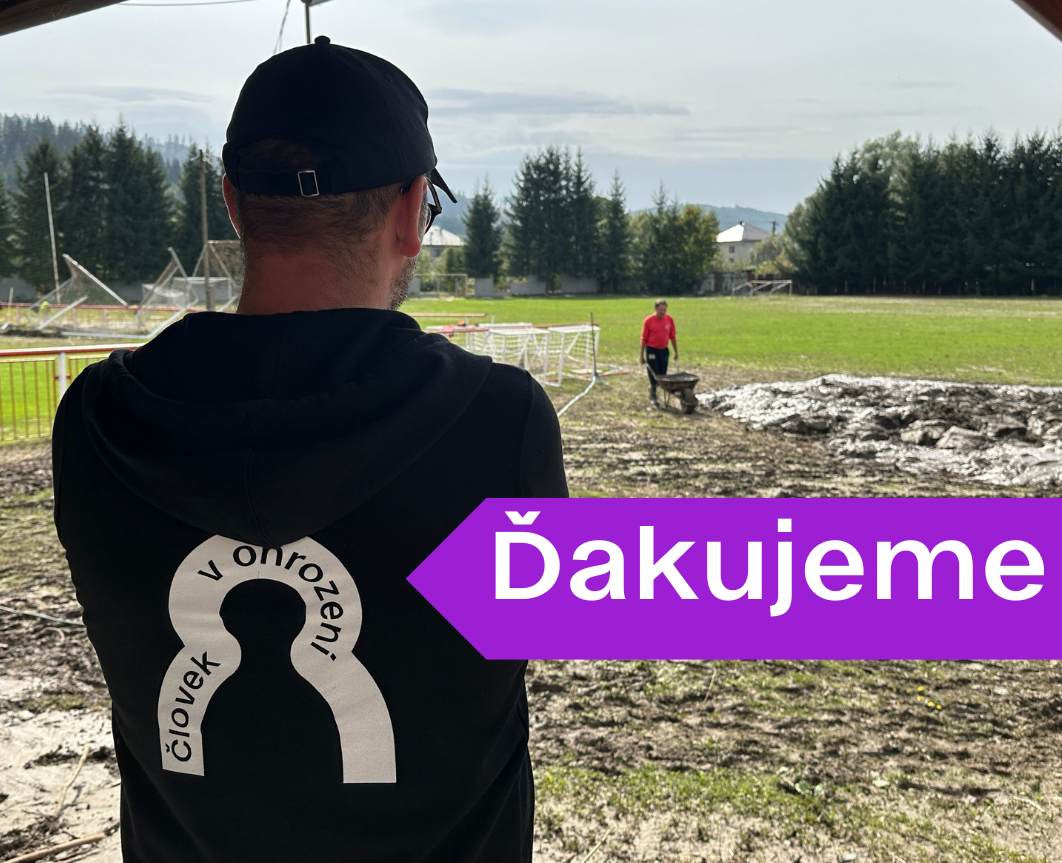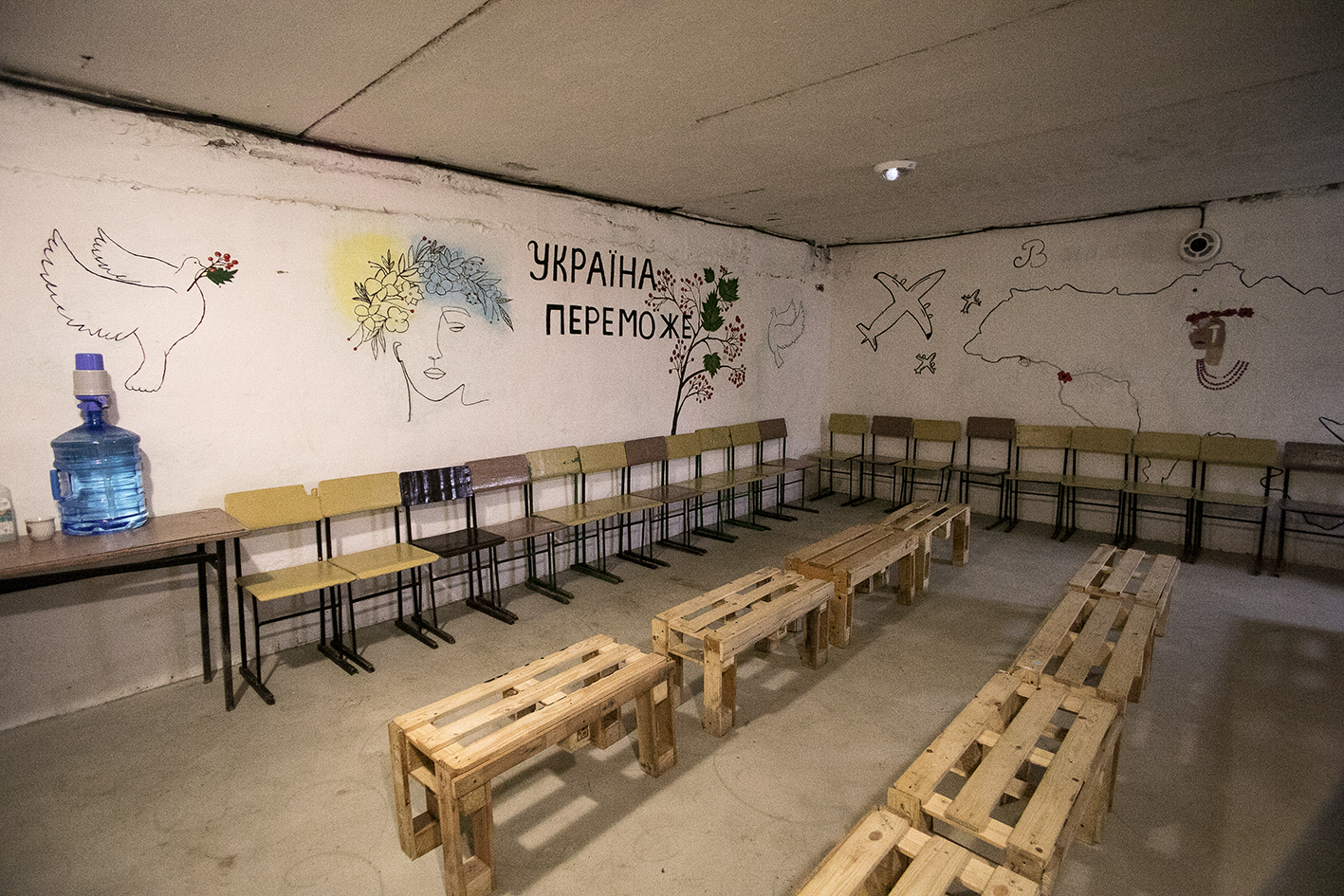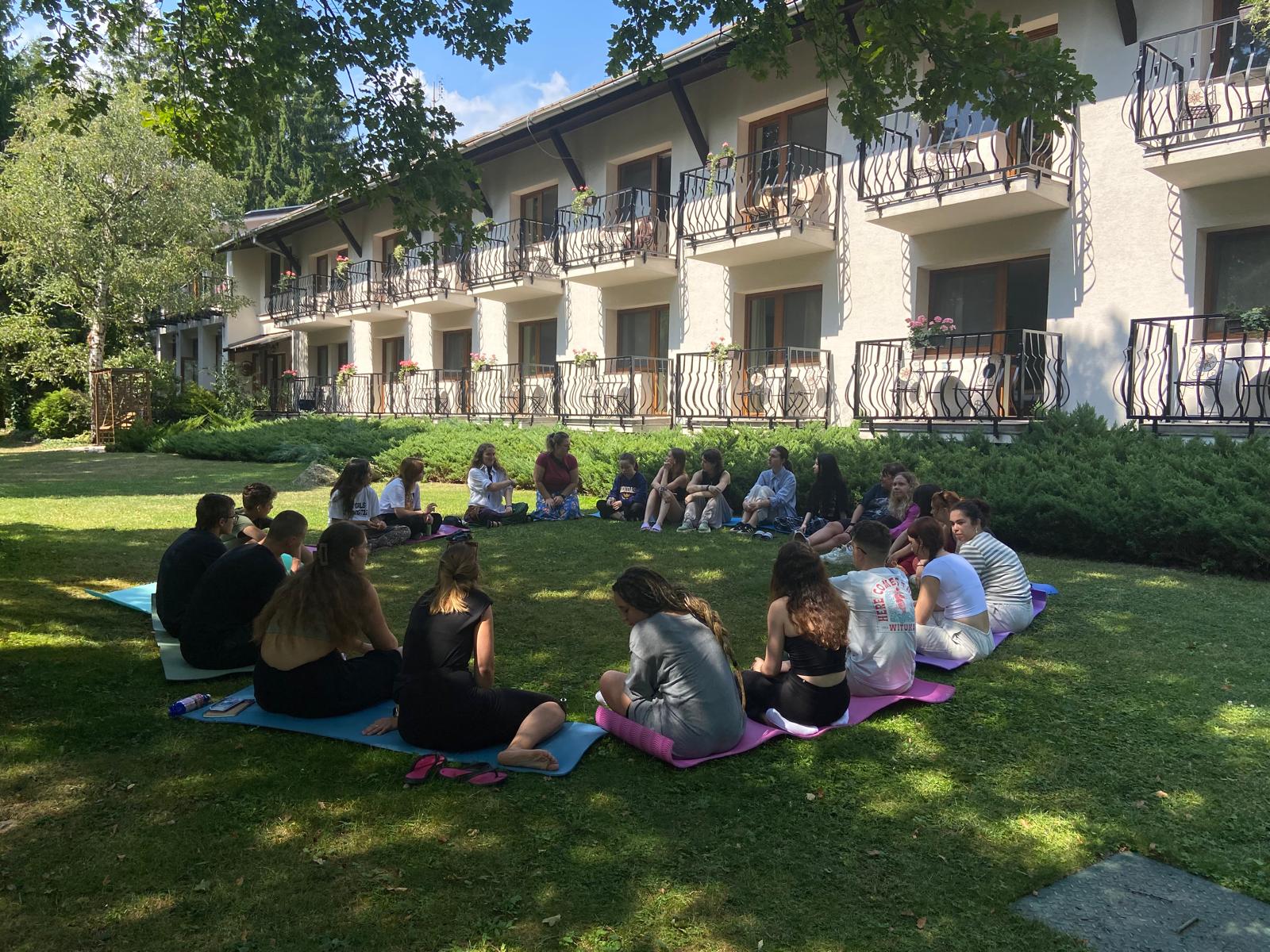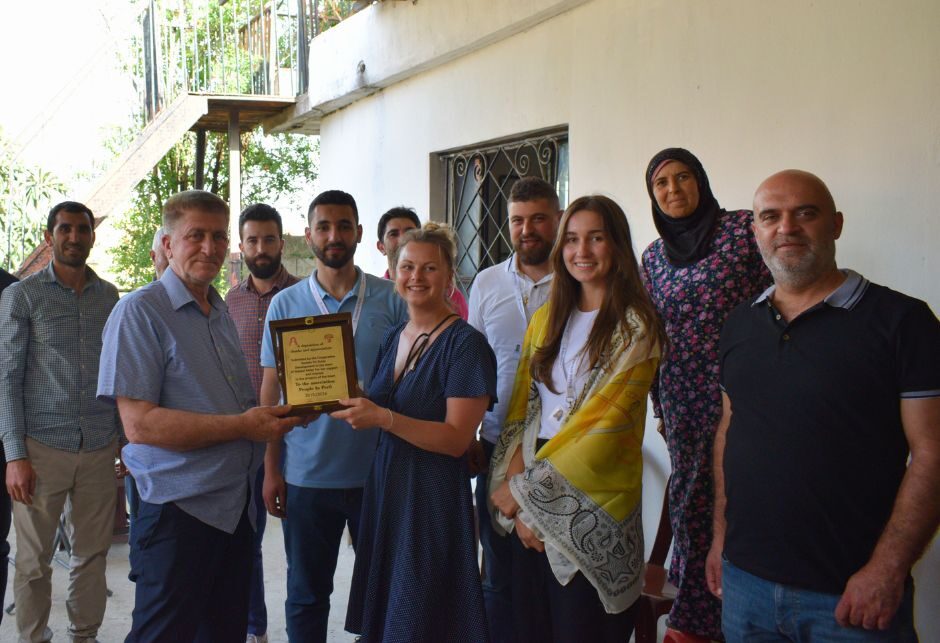In Lebanon we will teach people not only how to make jam or puree, but also how to sell it
Many Lebanese families skip one meal a day due to limited finances, and up to 70% of them are unable to cover their basic living needs. The situation in the country is alarming and through our projects we are trying to move the population towards a more sustainable future.
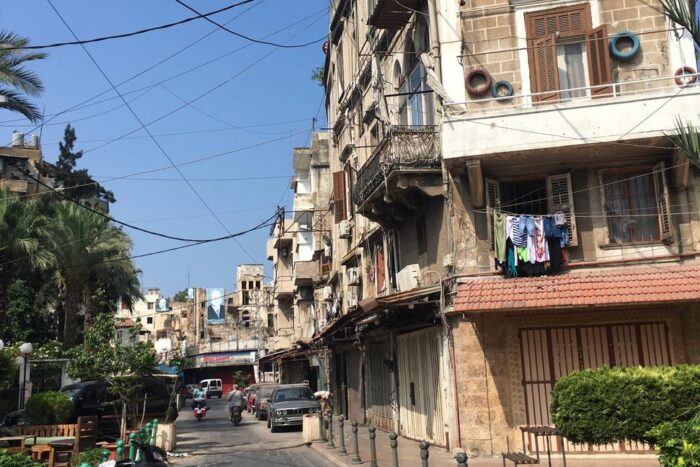
Lebanon is currently facing one of the most serious global economic crises since the mid-19th century. The impact of the COVID-19 virus, the devastating explosion in the port of Beirut, the lack of political consensus and effective interventions, plus inflation, are all contributing to a crisis that is greatly affecting the lives of every man and woman in the country. Research by Human Rights Watch from November 2021 to January 2022 shows that up to 70% of families are unable to meet their basic living needs.
A sustainable future: from agriculture to food processing
People in Peril, together with People in Need Lebanon and Fair Trade Lebanon, actively worked with the community in northern Lebanon in 2022 to address issues of sustainable agriculture, energy security and unemployment. The ** project focused on organic agriculture and was supported by SlovakAid.
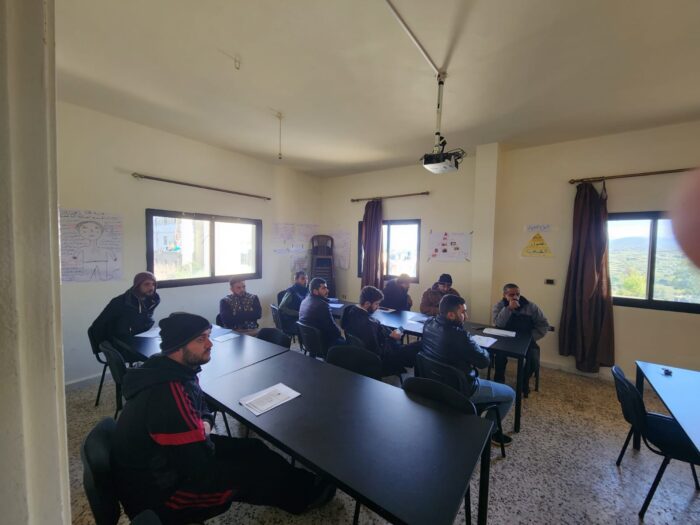
In the project, we educated male and female farmers, teaching them how to install water pipes so that they have permanent access to water even during the dry months. In turn, we trained Syrian refugees how to install irrigation systems and collect rainwater. The men and women involved have thus gained valuable skills that will make their lives easier in an inhospitable region.
Samara Saado, who came to Lebanon with her family right after the outbreak of the war in Syria, also took part in the project:
During our escape, my husband was injured, and to this day he has permanent effects that render him unable to work. So I go to work. This project has taught me a lot, not only have I gained new communication skills and I know how to navigate the job market, but most importantly – I have learned a lot of practical things.
I was a housewife in Syria. We had to flee the war and the collapsing economy. When I arrived in Lebanon, I had to get a job because we didn’t have enough money for food and education for our children. Dreams of their future turned into nightmares. That’s why I signed up for a project that taught me something that will hopefully get me a job in the future.
says another project participant Dabah Salik.
Our house in Syria was destroyed, so we fled to Lebanon for safety. I joined the project and got a new job and skills that I will definitely use in the future.
adds Barra Habak.
We are returning to Akkar with a new project
The stories of these three women are just a small example of how meaningful our projects are and how they help specific people. That’s why we are continuing them this year. We will be working with a local organisation, International Humanitarian Relief (IHR), and together we will implement the project again in Akkar in the north of the country. Why there? It is because of its agricultural nature and the highest proportion of vulnerable and poor inhabitants. We can also build on the activities of previous years and continue our efforts to positively impact the conservation of natural resources and permanently improve the quality of life of the local population.
Our colleague Katarína Özger is in charge of the project in Lebanon: “Akkar, as a traditionally agricultural area, is very important for local food production, and given the isolated nature of the area, food self-sufficiency is extremely important for continued survival,” she says.
Food processing
The main focus of the current project*, which will run in Lebanon until the end of September 2024, is the processing of fruit, vegetables and milk to produce other products such as jam, pickles, apple cider vinegar, olive tapenade, virgin olive oil, dairy products, pizza sauce or tomato puree.
The project aims to empower vulnerable people in Lebanese and refugee communities, especially women and youth, and provide them with skills to earn sufficient income for the household. At least 50% of the women, 10% of the youth and a number of refugees will participate in the training programme. 140 male and female participants will receive comprehensive theoretical and practical training, where they will learn not only about safety and production, but also about marketing, sales, management and accounting.
In addition, each of them will also receive a basic set of tools to get their mini food businesses off the ground. This initiative will also include networking events to connect vendors, customers and suppliers.
Making use of the sun and rain
In addition, we are about to install solar panels for four agricultural cooperatives and launch a rainwater harvesting system. This will provide a sustainable and inexpensive source of electricity and water for several local farming communities.
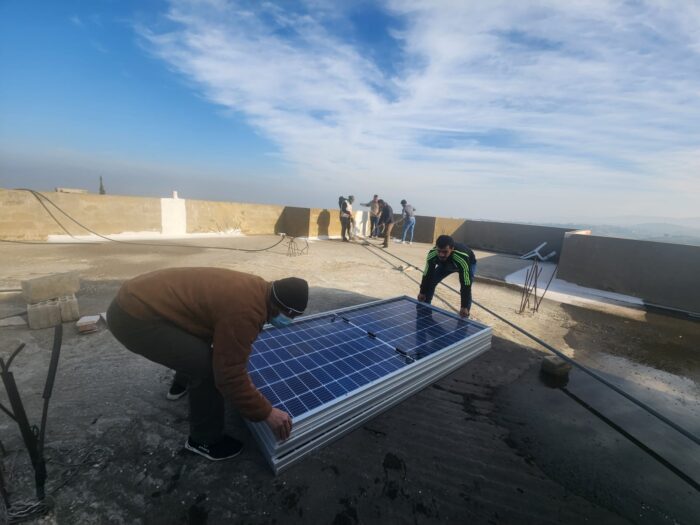
Also, 10 refugees will participate in paid workshops that focus on the installation of solar panels and rainwater harvesting systems. In addition to learning something new, they will also receive a valuable certificate that will certainly come in handy in the job market and increase their chances of finding employment.
This project is a seamless continuation of our last year’s activities. It will connect farmers, domestic food producers and final consumers, creating a positive economic ecosystem that promotes growth, sustainability and prosperity in the region.
*Project “Providing quality education through comprehensive training and building sustainable energy and WASH infrastructure for vulnerable refugee and Lebanese populations in the Akkar region of northern Lebanon. ” is supported by SlovakAid and implemented in collaboration with our local partner organization International Humanitarian Relief.
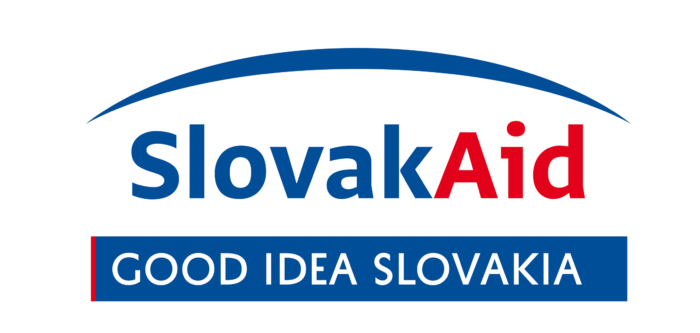
** Establishing sustainable water infrastructure to improve water quality and restore unused agricultural land and build the capacity of vulnerable populations in northern Lebanon to mitigate the environmental and economic crisis


